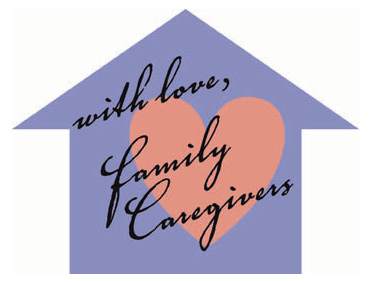Acknowledging all Family Caregivers
Medical Pharmaceutical Translations • Nov 23, 2015 12:00:00 AM

November is Family Caregiver Month, a time to acknowledge the many hardworking individuals who tirelessly support their parents, children, spouses, and friends whose lives have been affected by illness, disability, injury or age. According to the Family Caregiver Alliance, there are over 65 million caregivers in the United States, all unpaid heroes helping individuals in their daily activities. Bathing, dressing, eating, and meal preparation are some ways that the family caregiver supports the health, well-being and independence of their family members. Often medical care is also on the list of duties. However, as the United States becomes an increasingly diverse nation, there are also many more caregivers who are not native English speakers. Doctor appointments or visits to the hospital for non-native English speaking caregivers can be highly difficult and stressful. If the caregiver is unable to understand what the doctor is saying or what is happening, they may not be able to adequately advocate or interpret for their ill family member. This is the time to bring in a third party. It is time for a medical interpreter.
A medical interpreter acts as a conduit by conveying what is being said as accurately and completely as possible. Medical interpreters can become a vital part of the patient-family caregiver team. The family caregiver is the patient’s advocate and the medical interpreter bridges the gaps between two languages and cultures. This role is often lifesaving. When it comes to medications, medical terminology, surgical information, or a correct diagnosis, a medical interpreter can ensure that the family members gets treated for what ails them as expeditiously and accurately as possible.
According to modernhealthcare.com,” nearly 9% of the U.S. population is at risk for an adverse event because of language barriers.” In one example, a Spanish speaking male patient entered a hospital emergency department and underwent two days of medical tests to determine the cause of his vomiting and abdominal pain. During that time, no one discussed his care with him in the only language he knew until an hour before he died. An interpreter could possibly have saved his life.
Hospitals also sometimes rely on untrained hospital staff to interpret, sometimes needlessly putting a patient in danger. Dr. Daniela J. Lamas admits in her blog article, The Danger of Knowing ‘Just Enough’ Spanish, that she is a doctor with “almost-good-enough Spanish.” During one early morning shift, somewhat sleep deprived, Dr. Lamas confessed to hastily forgoing the use of a trained medical interpreter. Instead, she relied on her shaky knowledge of Spanish to diagnosis a non-English speaking patient with abdominal pain. Thankfully, she did not miss a more dire diagnosis, but she wonders if she cannot truly communicate with her patients in their own language, how could she ever hope to “in the foreign territory of disease?” She admits there may have been something else that called her to his room at 2 a.m. and that, Dr. Lamas says, “is something that, without the benefit of shared language, I did not appreciate.”
So, in the spirit of recognizing the selfless efforts of family caregivers this month, give a nod in the direction of the medical interpreters as well. These professionals are an important part of the medical and family caregiver team that may actually help save the life or at least help support our fellow family members, friends and neighbors.
By Ilona Knudson
#medicalinterpreters #translations #medicalinterpreting #familycaregiver #aiatranslations
